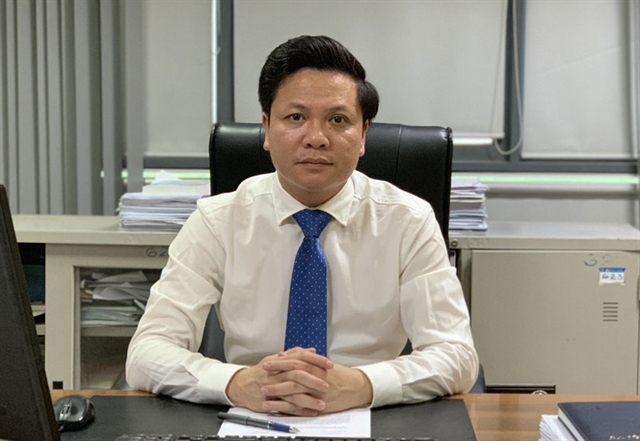 Politics & Law
Politics & Law


|
| Phan Trung Tuấn, deputy director of the Department of Local Government under the Ministry of Home Affairs |
Phan Trung Tuấn, deputy director of the Department of Local Government under the Ministry of Home Affairs, talks to Sài Gòn Giải phóng (Liberated Sài Gòn) newspaper about key points in the draft revised Law on the Organisation of the Local Government
What are the major changes in the revised law?
Resolution No.18-NQ/TW, which was adopted in October 2017 by the Party Central Committee, reiterated Việt Nam’s policy to continue the renewal of its political system along the lines of simplicity, efficiency and effectiveness.
The resolution set a plan for from now till 2021 and from 2021 until 2030. As a result, the draft revised law will only make some changes to the Law on the Organisation of the Local Government.
Proposed changes in the law will focus on the decentralisation of tasks between central and local governments; between local administrations; the number of people sitting People’s Councils at different levels; and the number of vice chairs of district People’s Committees. The other major change in the law is there will only be two full-time people working in each Provincial People’s Council.
Other changes are definitions of a "local government" at different levels. For example, the revised law says: “Local administrations at district level will have a People’s Council and People’s Committee.”
Some National Assembly deputies have said the draft law should delegate more power to the leaders of People’s Committees. How do you respond to that proposal?
The current law on local administration states clearly the rights and responsibilities of People’s Committees at all levels. However, these are subject to supervision from local People’s Councils and socio-political organisations, particularly the people and the media. It is believed such a mechanism will help avoid misuse of power, particularly by members of the people’s committees.
In the draft law, a commune in the third category will have only one vice chairman, not three as in the first and second categories. Why is that?
The number of vice chairpeople in a commune of the third category will depend on the administrative category level of the commune. Under the current law, People’s Committees in the second and third categories have only one vice chair. A survey on the implementation of the 2015 Law on Local Administration showed the number of vice chairs of People’s Committees in the second and third categories had dropped considerably, harming the operation of communal People’s Committees.
Based on the survey, the Government has decided a commune in the second category should have no more than two vice chairpeople while a commune in the third category will still have only one.
How do you respond to requests for the law be more specific in power delineation and classification to avoid overlapping and repetition?
The Law on Organisation of the Local Administration states clearly the principles of decentralisation and empowerment from the central Government to local governments, and other respective laws.
Each local administration level should comprise of a People’s Council and People’s Committee. They will be organised to conform with the characteristics of rural/urban areas, islands and special administrative-economic zones as prescribed by law. — VNS




